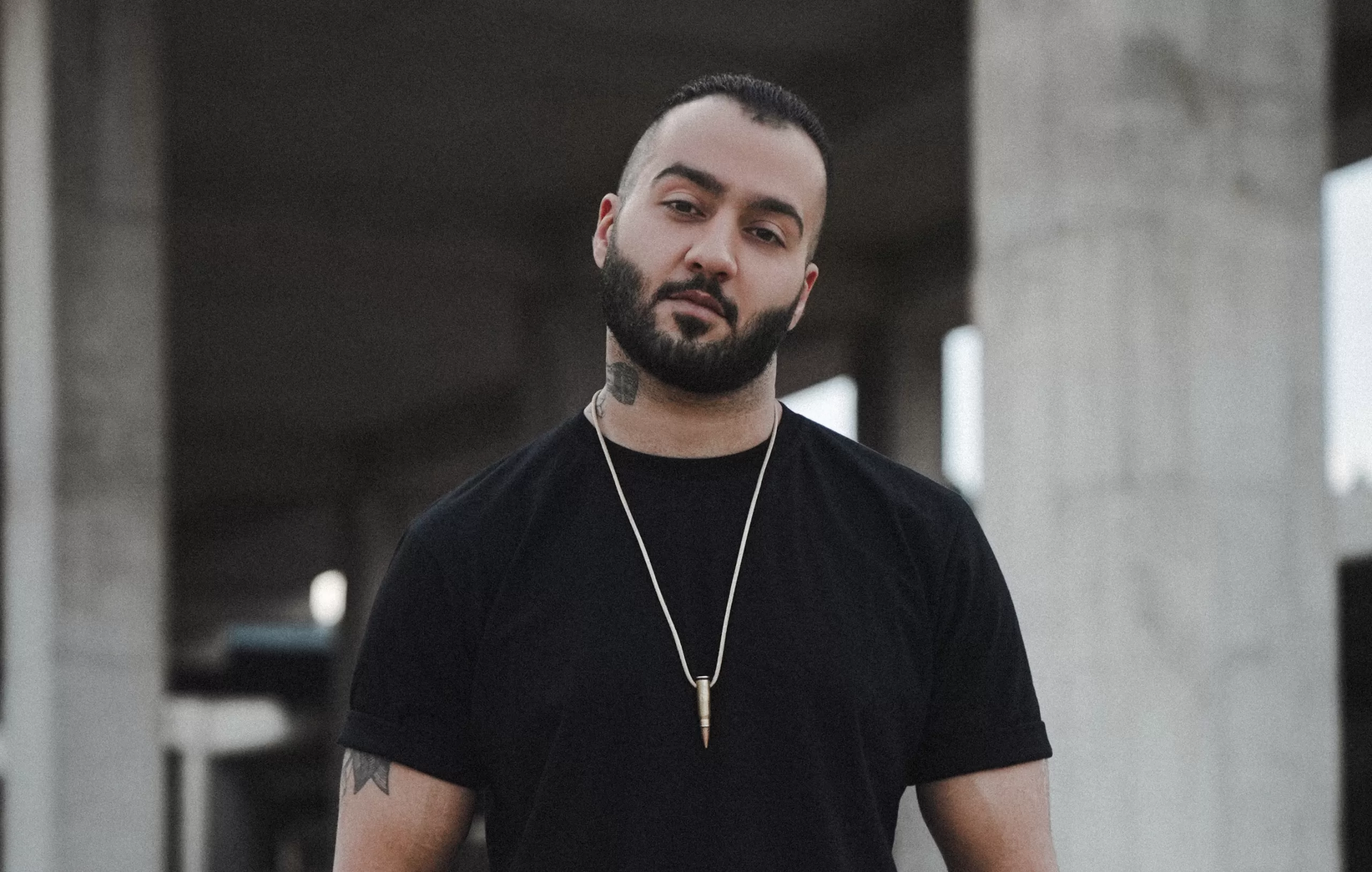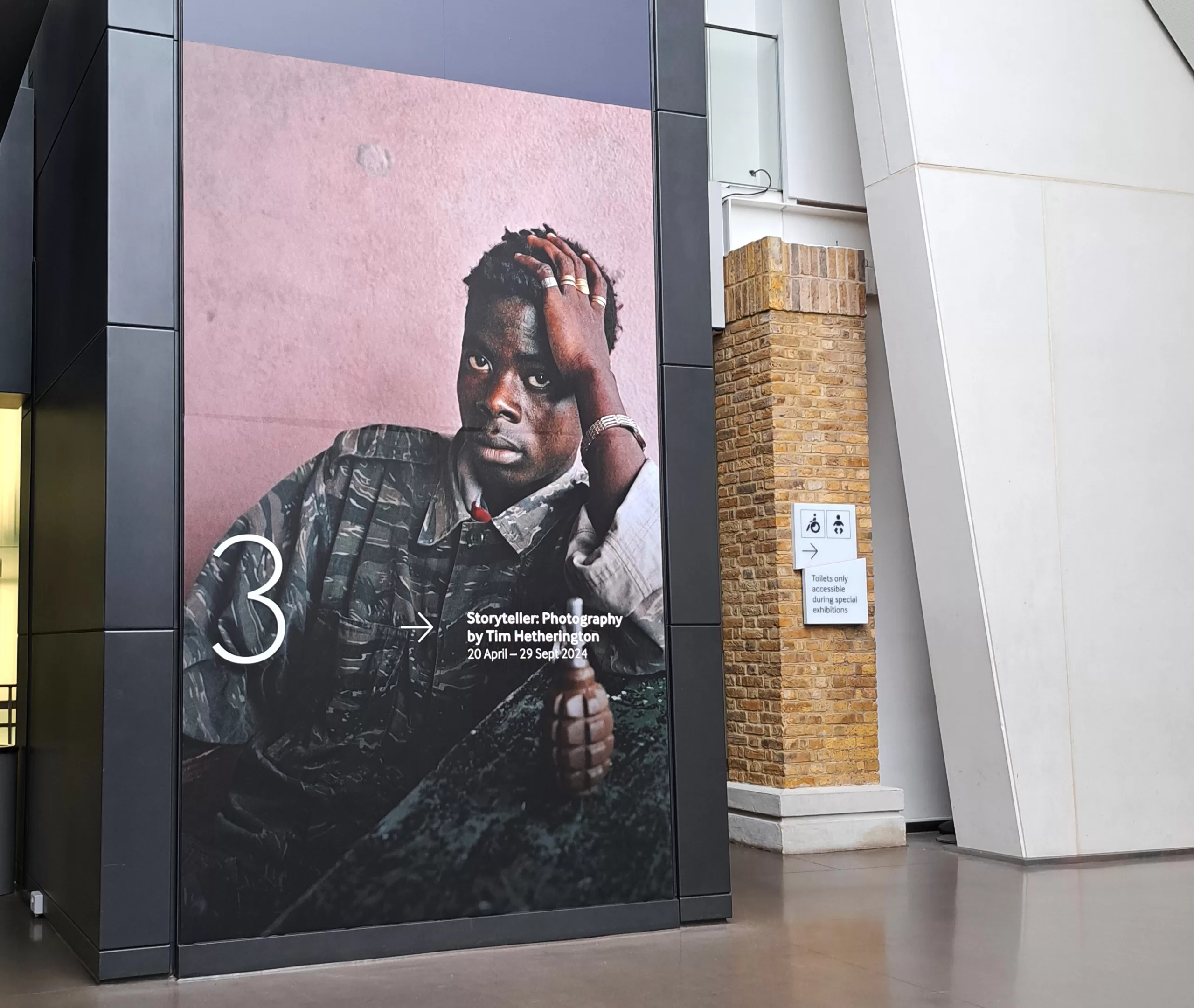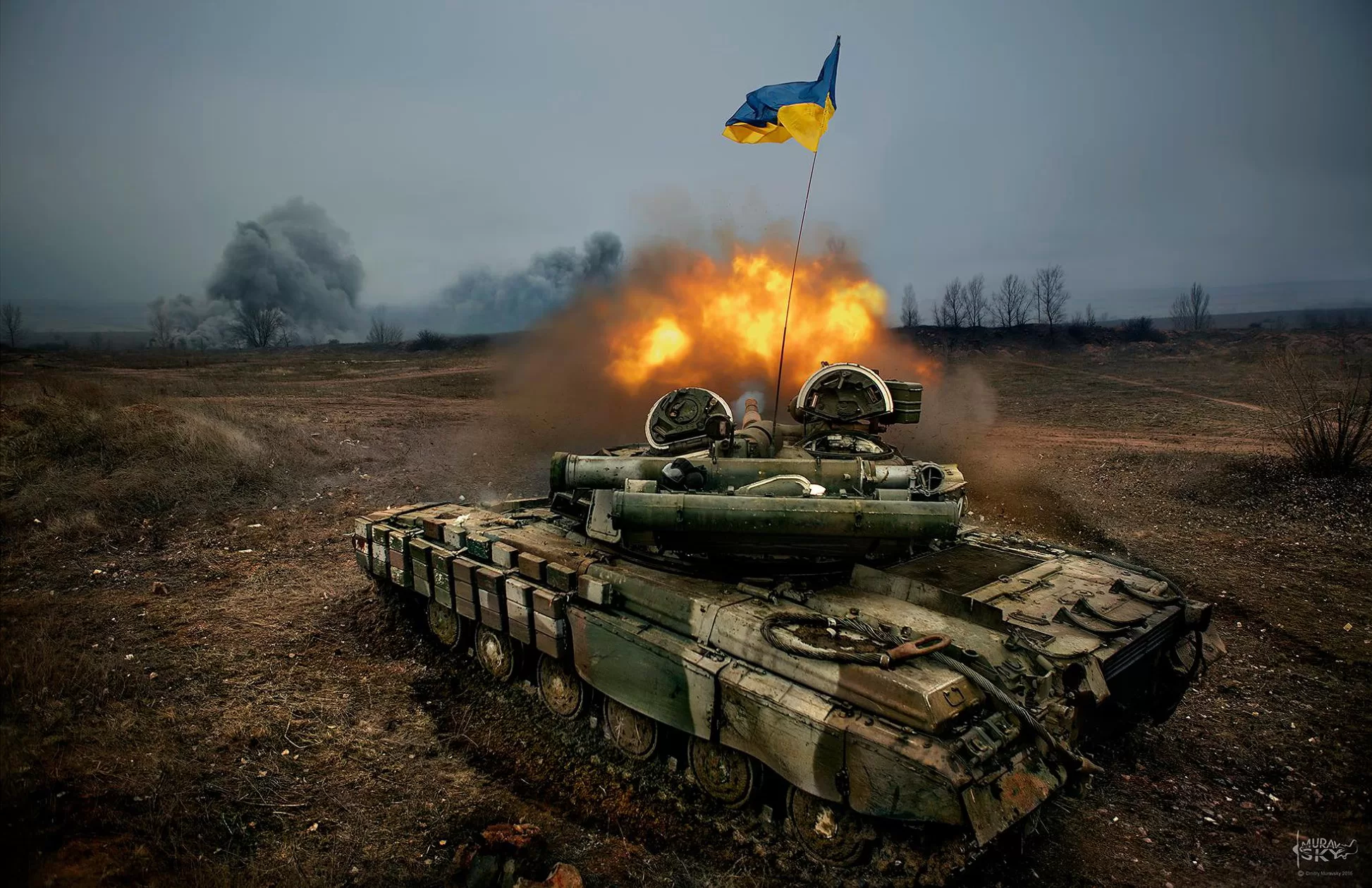 Aung San Suu Kyi and her supporters are not optimistic about the verdict in her trial for breaching the conditions of house arrest, writes
Aung San Suu Kyi and her supporters are not optimistic about the verdict in her trial for breaching the conditions of house arrest, writes
Nem Davies
The verdict in the trial of Burmese pro-democracy leader Daw Aung San Suu Kyi, who is charged with breaking the terms of her house arrest, will be announced on Friday 31 July. She has said she is prepared for the worst.
Both the prosecution and defence lawyers delivered their final arguments at the trial over three days. The court announced it would give its judgment on 31 July after hearing the final arguments on Tuesday 28 July.
The authorities charged Suu Kyi with breaching the terms of her house arrest after American John William Yettaw was found trespassing in the grounds of her home in early May. She was put on trial on 18 May.
Aung San Suu Kyi’s lawyers defended her by arguing that the American had not been invited: the security cordon deployed around her house was responsible for allowing the intrusion by Yettaw, and the security personnel were liable for dereliction of duty.
But the prosecution argued that she violated the internment order imposed on her according to the 1975 law and 1974 constitution, which barred her from communicating and meeting anyone.
Though the judgment is yet to be announced, many observers see this case as an excuse to continue her detention.
Furthermore, news is being circulated amongst people close to the authorities that the regime may give her a prison sentence with the intention of barring her from standing in the 2010 general election.
But her lawyer Nyan Win said that he hoped she would be acquitted by the court on fair legal grounds.
“All the legal issues and facts in the court proceedings indicate that she will be acquitted,” he said.
The international community, including the UN, has called for the unconditional release of Aung San Suu Kyi and all other political prisoners before the 2010 elections.
There are more than 2,100 prisoners of conscience in prisons across the country.
At the recent ASEAN Regional Forum, American Secretary of State Hillary Clinton said that the US would make investments in Burma if the junta released Aung San Suu Kyi. She also said that the military ties between Burma and North Korea were posing a regional threat and Burma should be ousted from ASEAN.
But most observers speculate that the junta will go ahead with its plans by sentencing Aung San Suu Kyi and carrying on with its seven-step roadmap.
The detained Burmese pro-democracy leader has spent nearly 14 of the past 20 years in detention.
Previously, some Burma-based foreign correspondents and private newspapers had been allowed to cover Suu Kyi’s trial, albeit with some restrictions and not on a regular basis.
But as the trial progressed, the junta allowed only some Rangoon-based foreign diplomats and government media — acting as a mouthpiece for the regime — to cover the trial. All other private and foreign media were barred from covering it.
Moreover, the government-backed USDA, security personnel and people’s militia Swan Ah Shin have been deployed around the Insein prison, where the court is hearing the case, and have threatened reporters and photojournalists attempting to cover the trial by questioning them and holding them for brief periods.
If found guilty by the court, Aung San Suu Kyi faces a minimum of three years in prison.
Nem Davies is a senior reporter for Mizzima News Agency
www.mizzima.com





